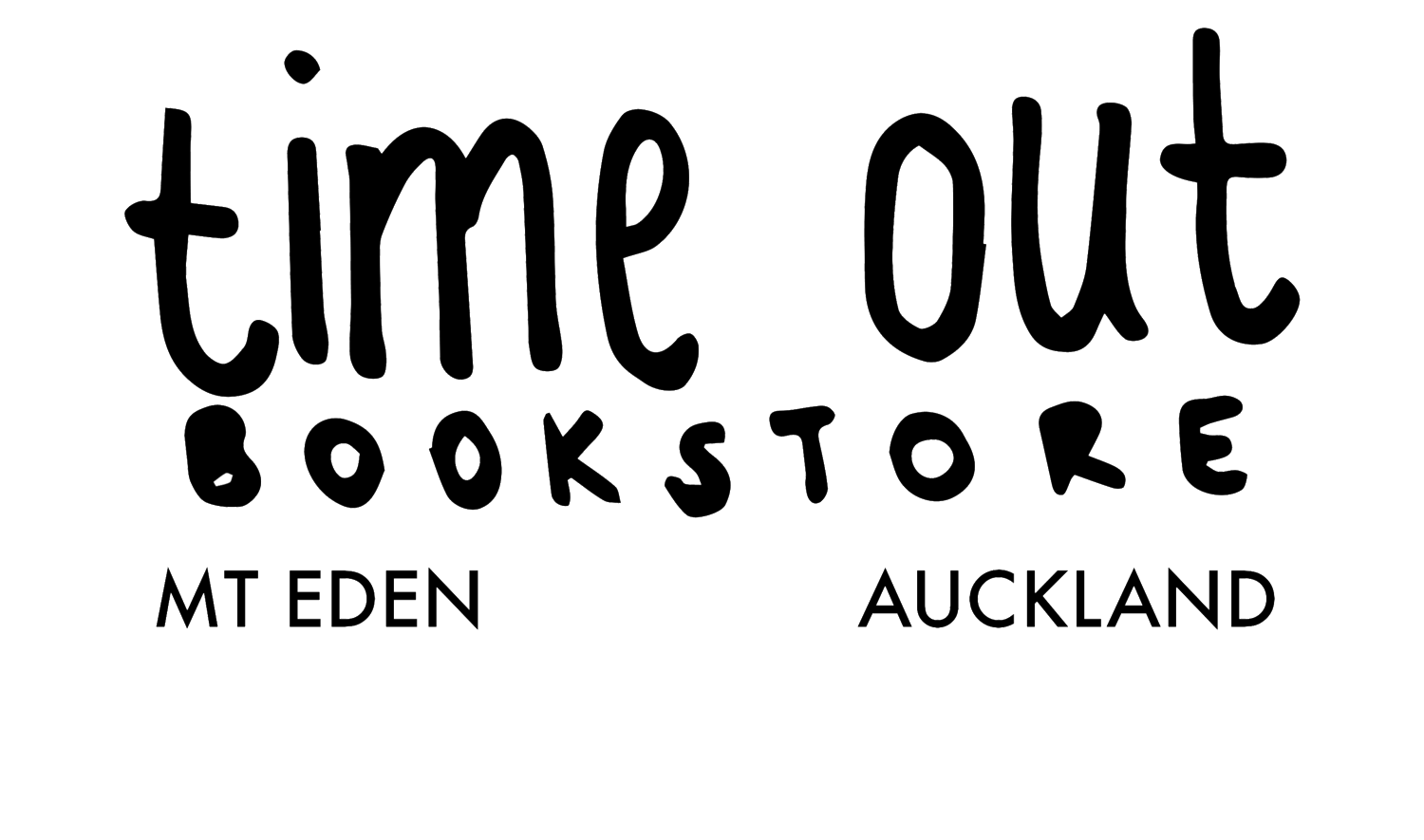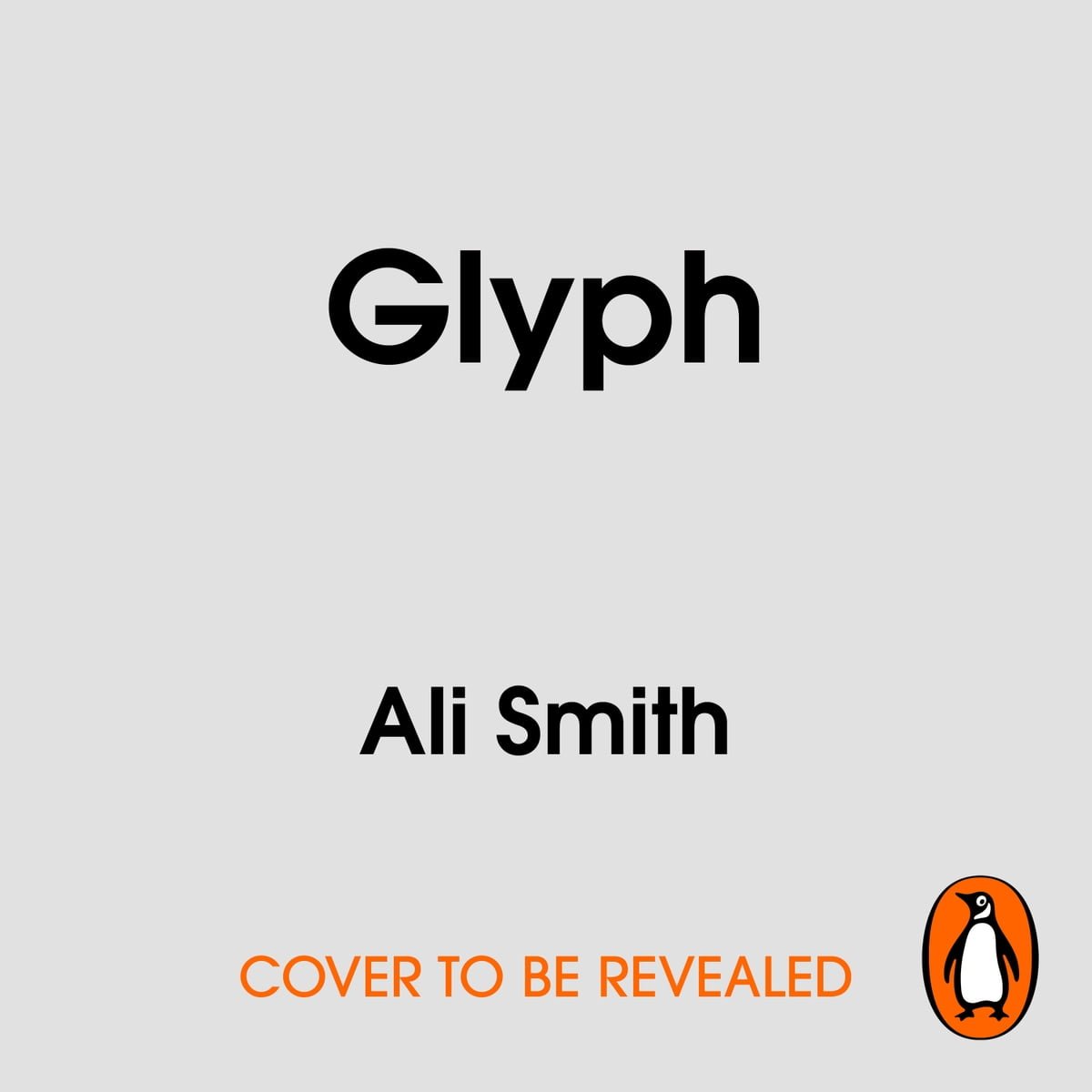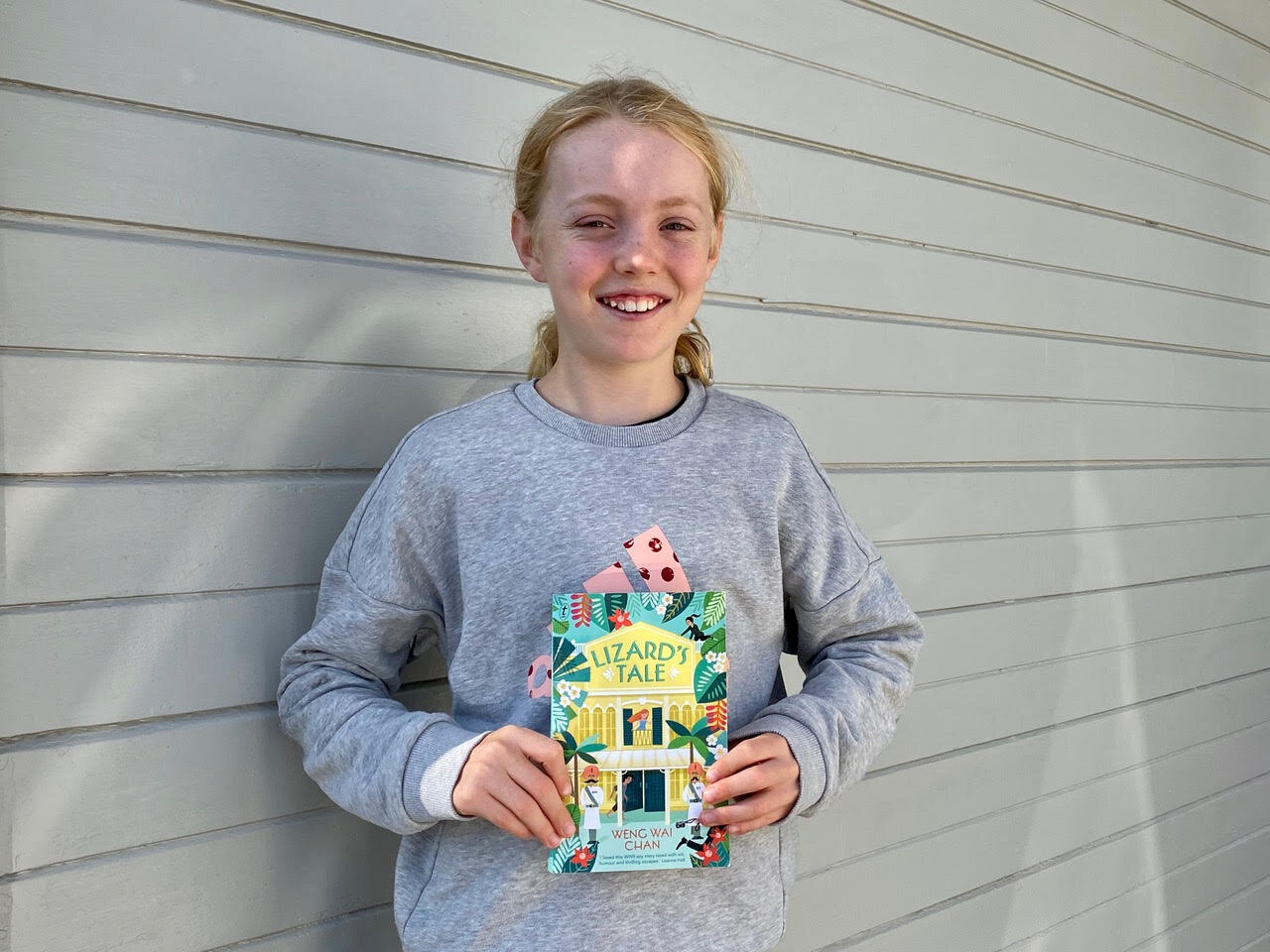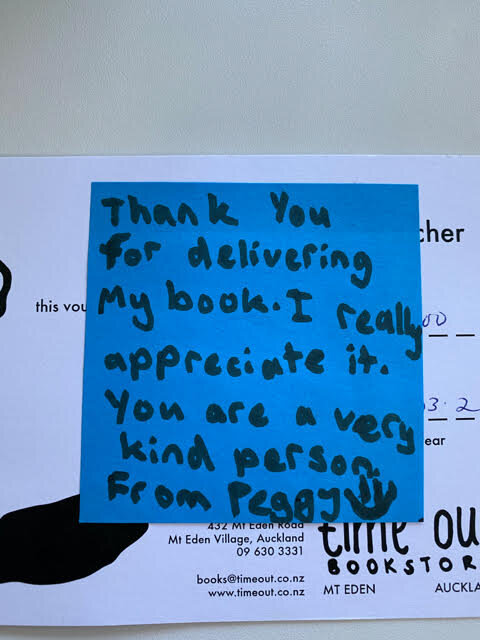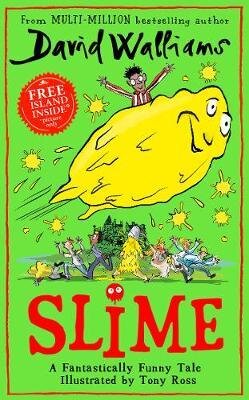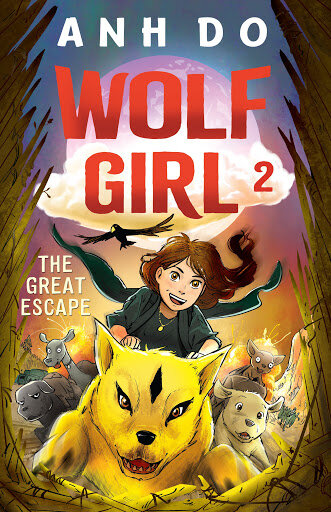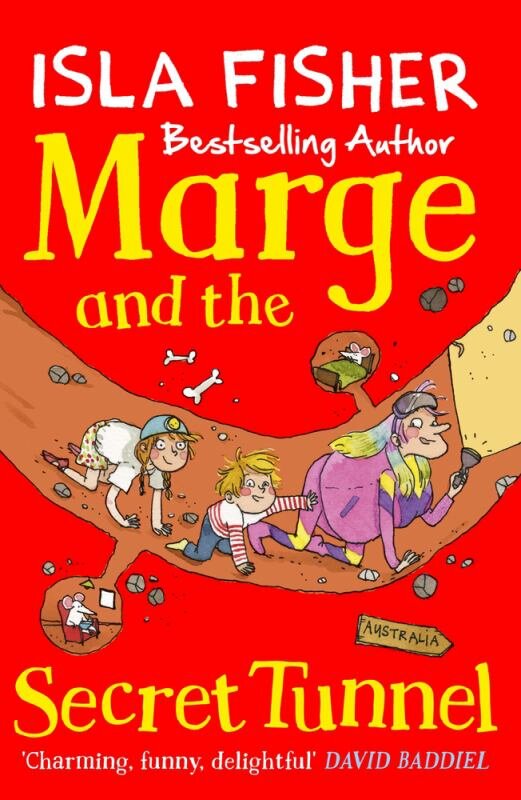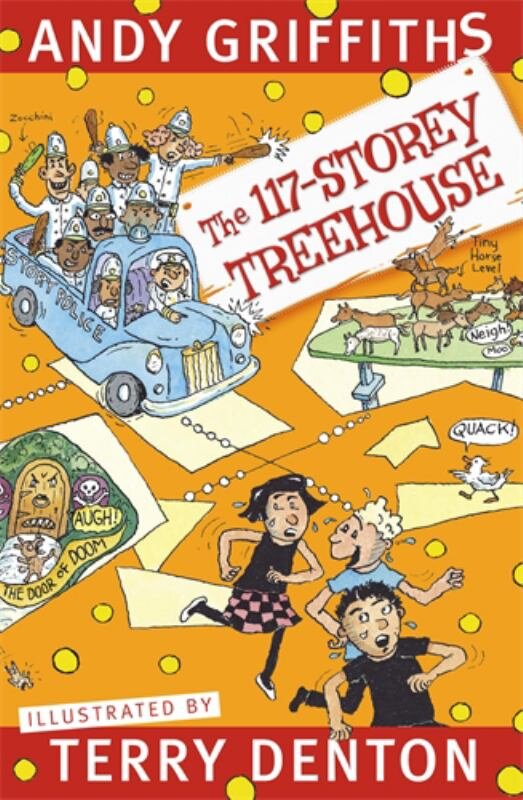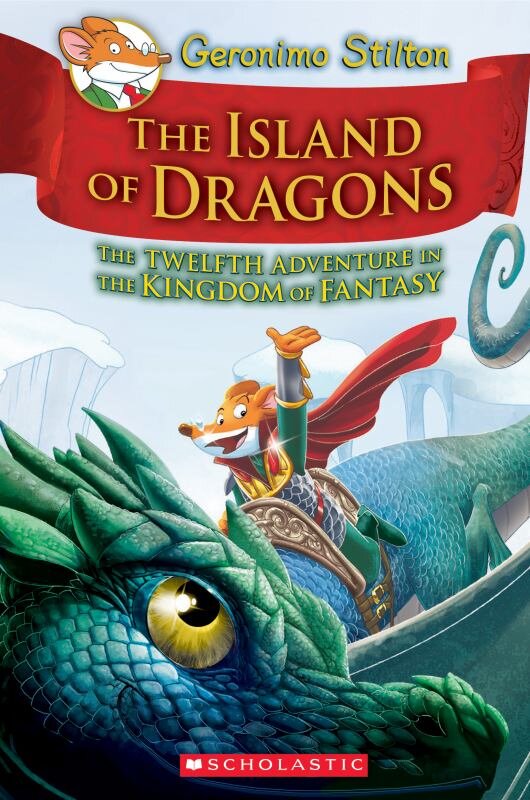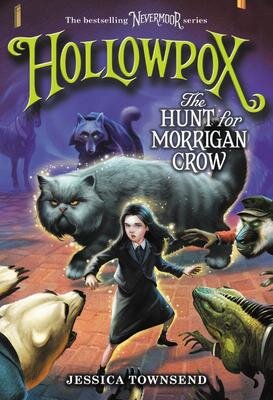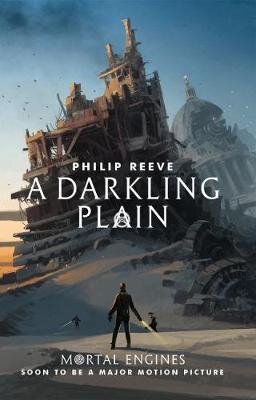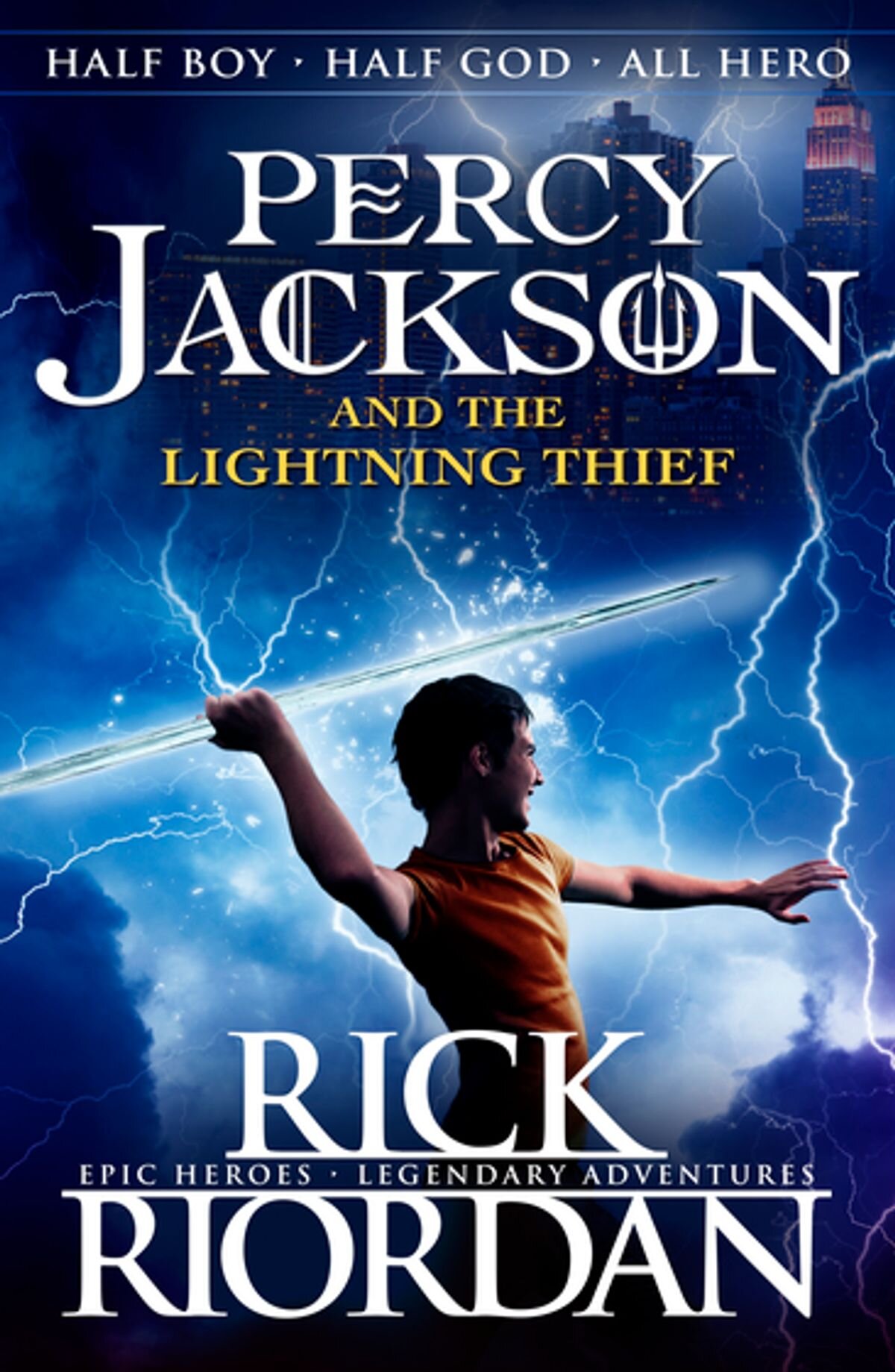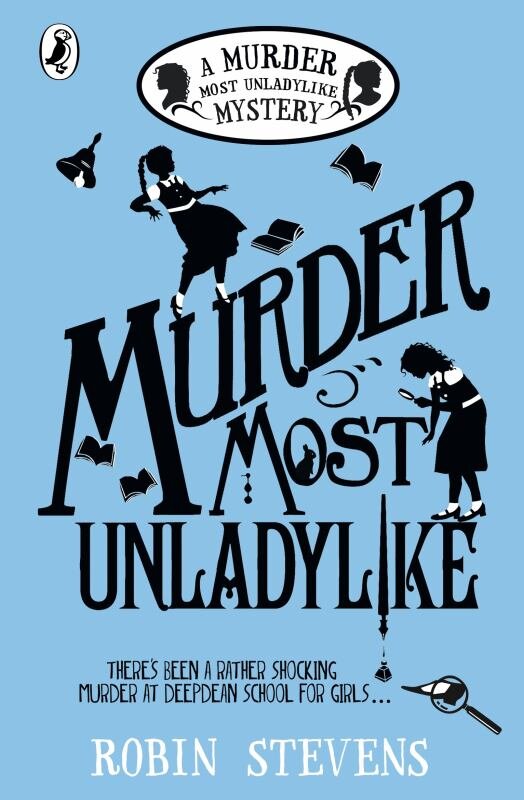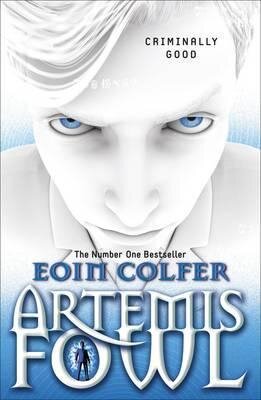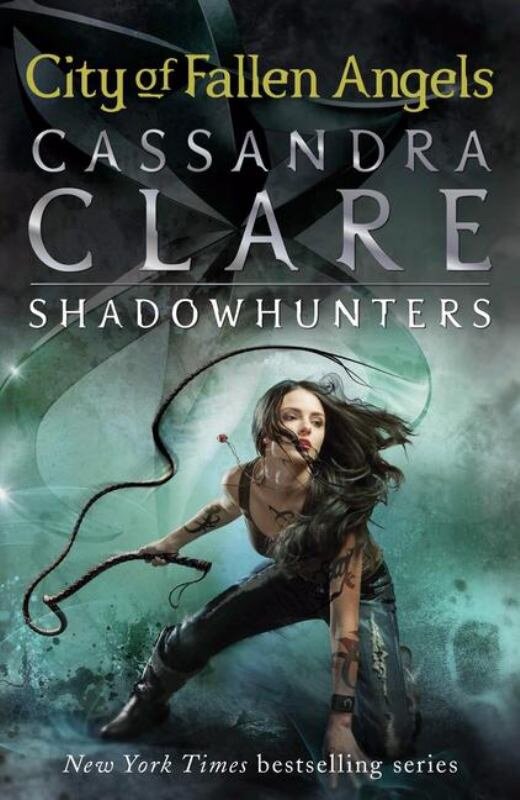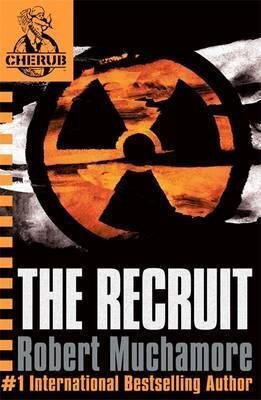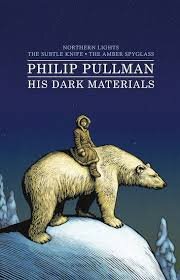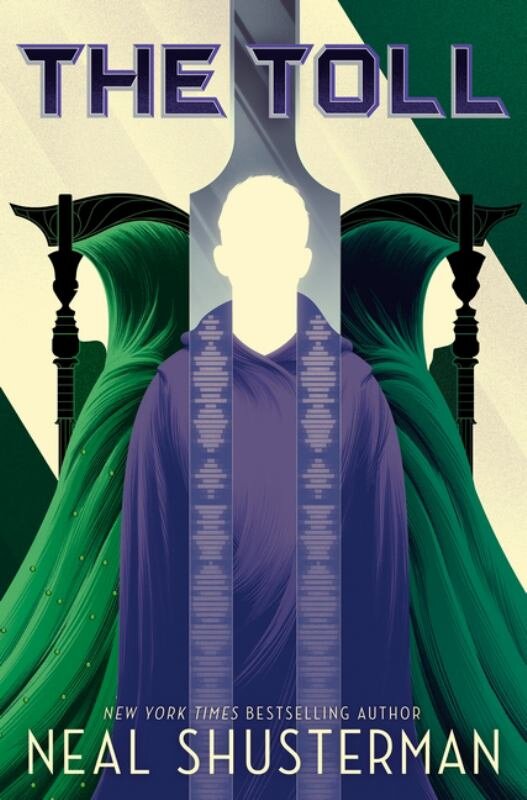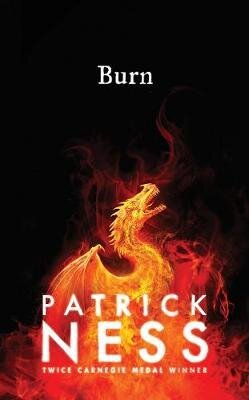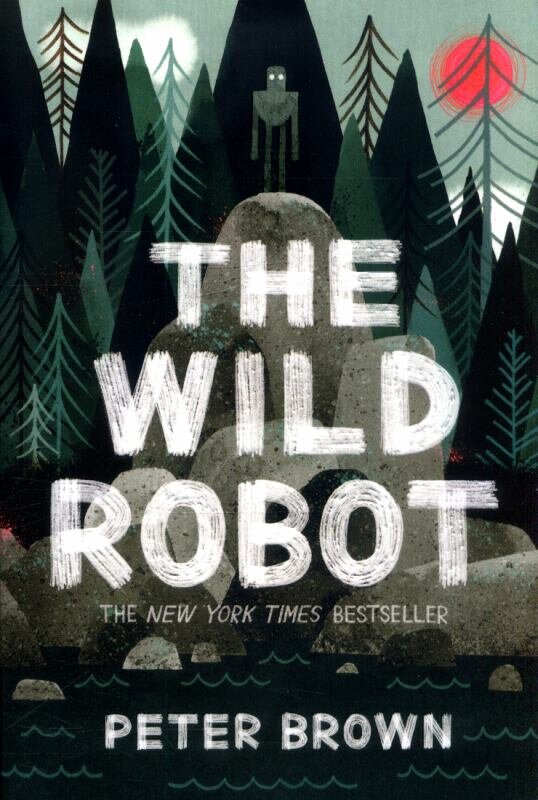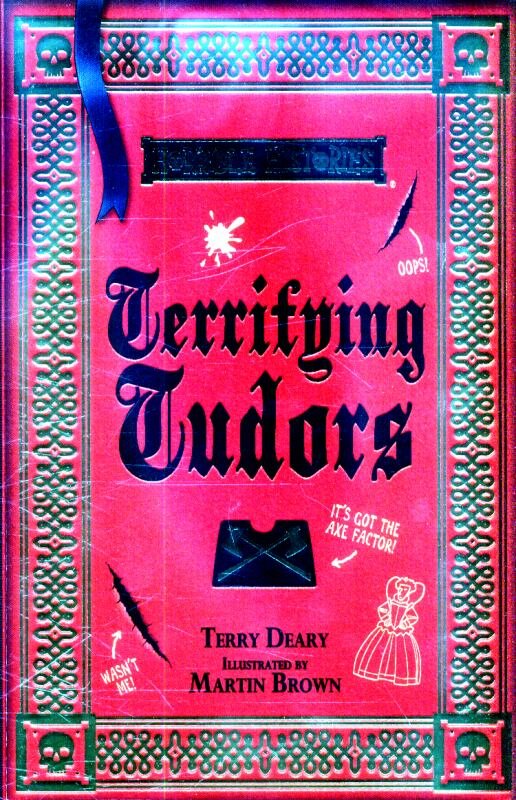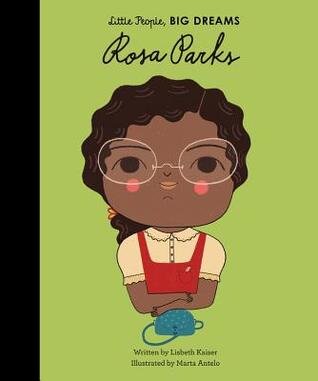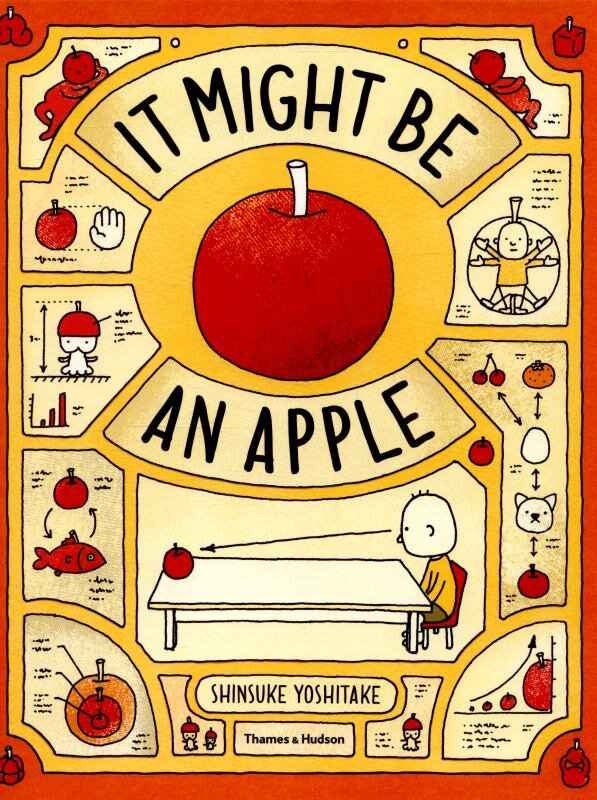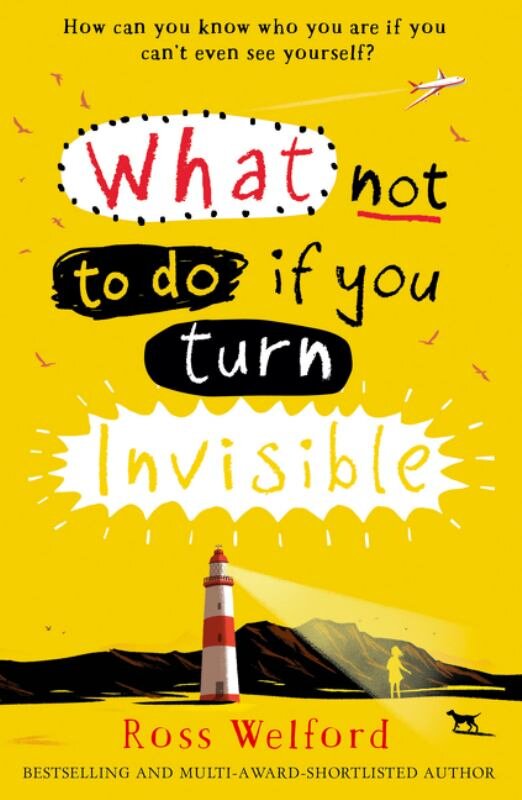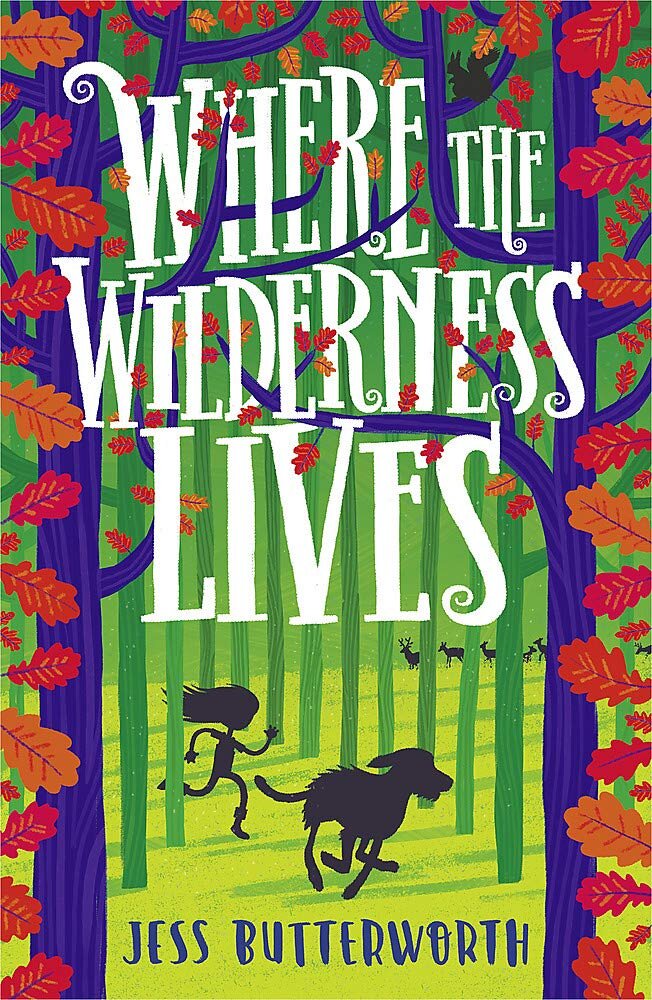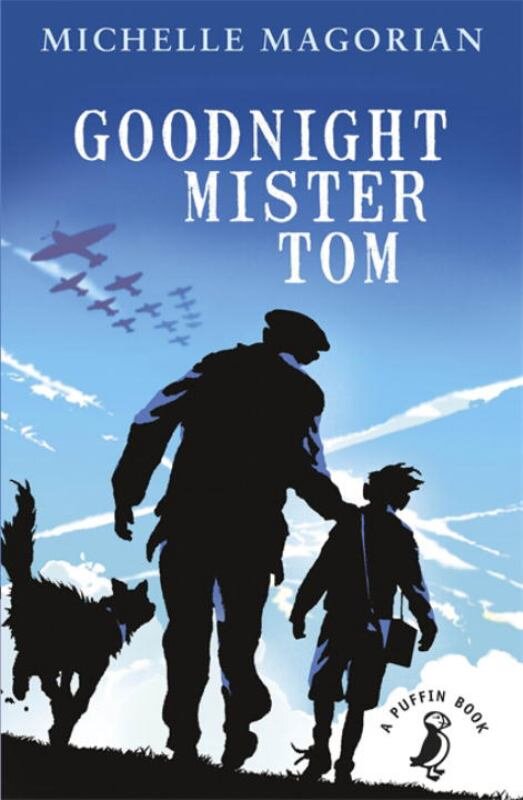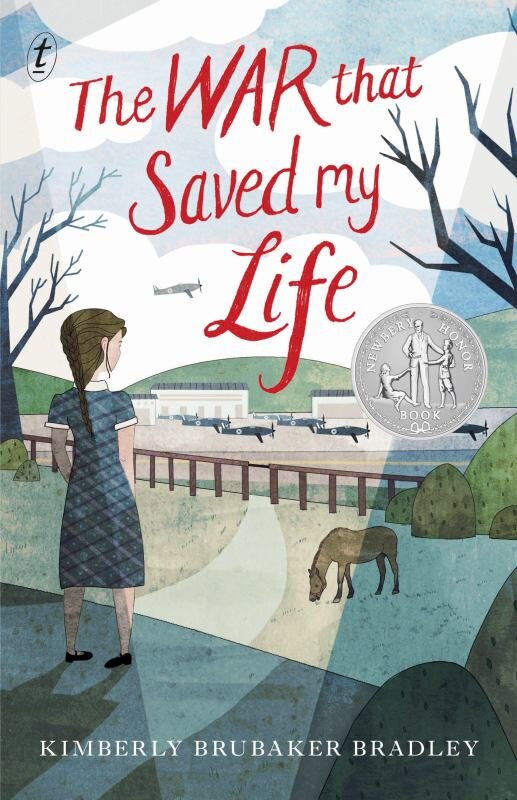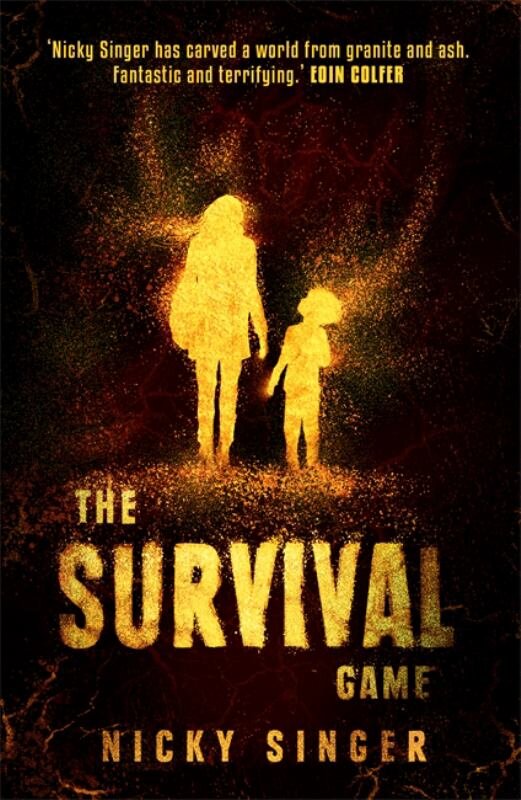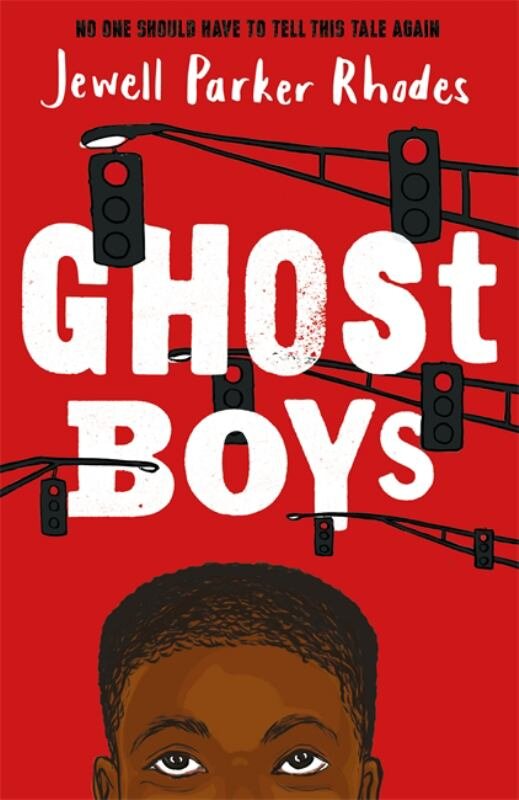You’ve previously won the Acorn in 2018 for The New Animals. What do you think is the biggest thing that’s changed about your writing/you as a writer since then?
I’ve been thinking about this a bit because a lot of people have been asking this question - which I think is interesting in itself. I’m always writing about the moment I’m writing in - if that makes sense. Nothing shapes my work more than the things I’m living through. I’ve often said I write to try and understand things that confuse me. The New Animals was written pre-Trump but also at the tail-end of the John Key government. The concerns that shaped that book were around inequity and work. At the time I was feeling incredibly bruised by the political climate. I was witnessing this lack of care - for people, for the planet - and The New Animals is largely about trying to work out why power might demand this attitude to protect itself. I think this is what I love about trying to write the moment you’re in because I had no idea at that time how much worse it was going to get.
Looking back on it, The New Animals contains this completely misjudged hope: hard work can be its own reward, community can protect us from power structures, the innocent individual will not be punished for the actions of those who wield power over them and, I think, most upsettingly, the powerless will find a way to survive the climate collapse. When I think about these things, they’re some of the stories we’re told to keep us in check. I think when I wrote The New Animals I was imagining a different future to the one I find myself in now and the one I wrote Audition in.
Probably, the most important thing that happened for my writing and me was not winning the Acorn Prize in 2021. As the room’s energy shifted toward the winning book that night I experienced this overwhelming sense of the freedom of being unseen. It’s hard to describe but when I next sat down to write I felt that wonderful, wonderful feeling that no one was waiting for the next book. That I had nothing to ‘live-up to’, that I could write something with no one looking. I come from a family where we know how to pass and there had been a degree of embodying this politeness, because I imagined people were watching, that I also felt kind of fell off me. I think this is why Nothing to See is such an autobiographical book. I felt while people were watching I could only speak for my own experience, that somehow people would be upset at me if I spoke to a bigger picture. Ironically, what I experienced after The New Animals won was the answer to my question around power protecting itself. I experienced a degree of privilege and wealth and this led to a degree of fear over losing both those things. It was not like this with Audition. The book was written during a year where I really needed to decide where I stood politically. The lack of care I’d seen in the Key government in many ways was still there during the last Labour government because that is the nature of our capitalist colonial government and to watch it being executed under a rhetoric and culture of ‘kindness’ woke me up in all new ways. I needed to educate myself about my position as Tauiwi Pākeha in the violence wrought by colonisation, about my complicity in the justice system, and exactly how I could be an accomplice in the protection and advancement of Trans rights.
So what I see that has changed about my writing in between The New Animals and Audition is a greater pressure on language and narrative to express what I’m struggling with politically and personally. An attempt maybe to work out the things about me in the world that confuse me.
My predominant thought while reading Audition was that it was such a singular concept, something I never could have imagined being a book until it was. How did this story/these characters come to you?
One of my favourite things about writing fiction is that, for me, the only way to find out the story and to meet the characters is by writing the story and the characters. There’s this Wallace Stevens’ poem called Of Modern Poetry and it has this line:
It has
To construct a new stage. It has to be on that stage
I don’t know much about poetry, and every time I read this one I am confused again. But that line, in my interpretation, describes exactly what it is to write a novel. I have to construct the stage for the novel to be on. In this way I think all novels are something we could never imagine. So, yeah, this is how the story and characters came to me. I would show up at my computer or at my notebook having no idea what I was going to write and start writing. I say this a lot and it is probably boring but the first draft is always a process of me telling myself the story. I reckon my most important job at this stage is two-fold. The first part is the turning up. Turning up especially when I am not feeling it - because at the stage when things are ‘coming to me’ I never feel it. The second part is to fuel up. I need experiences and information to bring to this process. So during this time, any time away from writing is trying to live as consciously as possible. Being open to chance encounters - with books, with news articles, with people. So it’s this strange time of being absolutely and wildly in the world and taking time away from it to write. This I think is where the story came to me. For example, one of the major influences was James E.K. Parker’s work on sound’s place in war and torture. I would have never found it if I hadn’t been working on a project at City Gallery around an exhibition Parker was co-curating. The job was part of a few I was doing at the time to make money, which is a massive part of living and one I need to be part of while I’m writing.
In an effort to describe the reading experience of Audition, the best I can come up with is a cluttered stream of consciousness, like synapses firing over a page. At what point in writing did that language come to you? Did you know from the outset that that’s what you wanted the writing style to be?
I think ‘style’ (or in my case perhaps lack of style - which is a stylistic choice in itself) comes quite late. I’m not a person who ‘hears’ voice. I can feel when it’s wrong so I’m usually writing away from something rather than toward it. There’s one choice I do remember making and it’s to have the first section all in direct speech. The book is really interested in ideas around gender and I am really interested in ways of subverting binary gender in language. The book is also, of course, interested in sound and I suddenly realised one day that direct speech is a way to depress the use of pronouns and also it’s a noisy construction. So it was an interesting way to explore both ideas at once. I’ve always been interested also in how direct speech has this effect, for me anyway, of escaping the narrative voice. In my head, direct speech is like a punch-through to a narrative. It sounds different in my head and I love that.
You’ve said that the spaceship Audition is specifically based on Saydnaya Prison in Damascus, Syria. Can you tell us a little bit about why you chose this as a model for Audition, and what the research process was like?
I wrote an essay for The Arts Desk about sound in prisons. The idea of sound and prison are probably the things that have been in the novel from the start - they might be the foundational ideas of the work. In that essay I said this about Saydnaya;
‘The exhibition that James Parker was curating included the work of Lawrence Abu Hamdan which documented his collection of "ear witness" testimony from released and escaped inmates of Saydnaya – a prison inaccessible to independent observers and monitors. One of the things that became very clear through Abu Hamdan’s work, was the extent to which Saydnaya was designed to create sonic torture. A combination of panacoustic surveillance and amplifying architecture meant it was an extreme example of what Abu Hamden describes as the acoustics of incarceration which created "prisoners who see nothing but hear everything, who were both completely confined and yet totally exposed". I visited this work almost every day of the exhibition.’
It’s important for me to say that most prisons use a degree of sonic torture. This is not something we can look at others and feel good about our own justice systems. I think I chose Saydnaya also because of its actually shape - it has three wings and there are three giants. Saydnaya is symmetrical. In the chronological timeline there is a move from symmetry to asymmetry. The planet they end up on is based largely on the Pre-Cambrian era of this planet when the fauna was more asymmetric.
Audition is not a book I would classify as easy to handsell in the bookshop (often the best ones aren’t!) Who do you think should read it, if you could make anyone read it who would that be?
As you can tell, I have a lot to say on a lot of things but this question has me absolutely stumped. It’s still a pretty weird idea to me that anyone would read this book and I’m incredibly grateful to anyone who does. I think the book requires a degree of generosity that feels really arrogant of me to ask from a reader. That being said, I have been really humbled by the people who have come to me to talk about the book and what they got out of the book. I think as well as generosity the book requires a degree of surrender as well and I think, actually, at the moment there are quite a few works examples of work that people are willing to surrender to. I’m thinking of things like the films All of Us Strangers and The Zone of Interest. I’m not putting my work on a par with these amazing pieces of art but I saw both of them in the cinema and, in the case of The Zone of Interest, I was sitting next to some very vocal people. It was an incredible experience hearing them coming to terms with the film. They started quite angry but sort of ‘settled into’ it quite quickly. My favourite director is Kelly Reichardt and I saw Showing Up (possibly her greatest film) at the film festival last year and was sitting in front of people who really hated it and it was another really helpful experience for me. Eavesdropping on this really candid conversation about all the things that I think a reader would also hate about my books. Of course a book is a much bigger time commitment than a film. I think that’s why Audition is short. I always feel like if I’m asking for generosity I need to respect that and not waster people’s time.
In the book’s acknowledgements you mention Anne Kennedy’s poetry book The Time of the Giants. How did the relationship between that book and Audition form, and were there any books that shaped Audition?
I have been a massive fan of Anne Kennedy’s work for a long time. I love her work and the way there is this reinvention of what her work is each time she publishes. She is a massive inspiration to me to build a new stage for each book. The Time of the Giants was the first book I returned to when I was writing Audition. I love the way it holds the ancient weight of the giant and the politics of the contemporary at the same time and kind of uses them to add this push and pull to the work which reflects the perspective readjustment you have to do to include the giant. I realise now I didn’t read a lot of books about giants apart from Anne’s. I did read Gulliver’s Travels. Oddly one of the hardest things about the book was getting the perspective right. I spent a lot of time walking round the city and my house with an imaginary friend who is three times my height.
In the acknowledgements I list a whole bunch of writers I was reading at the time. I think because the book includes a trans character it was important for me to be reading work by trans writers not as research but a reminder that as a cis person I will never be able to write the trans experience and that there are already amazing books being written that do this well. One of the most dangerous ideas a writer can have I think is that as a writer from outside a community they need to write this community’s stories because they are ‘untold’. There is an amazing essay by Alexander Chee called ‘How to Unlearn Everything: When it comes to writing the “other,” what questions are we not asking?’ The questions Chee identifies that writers are not asking are: ‘Why do you want to write from this character’s point of view? Do you read writers from this community currently? Why do you want to tell this story?’
If anyone wanted to learn more about justice and the prison system after reading Audition, where would you point them to next?
There are a lot of incredible books and discussions taking place at the moment. I really think the best first stop in Aotearoa is PAPA - People Against Prisons Aotearoa.
We’re headed very quickly toward a really dark time for justice in Aotearoa and I think it’s really important that we inform ourselves about the justice system, especially the business of prisons and evidence from research conducted into alternative forms of justice. Prisons are a capitalist and colonial construct; there's nothing natural about the kind of justice they attempt to elicit. The justice system the present government is envisioning and bringing about will benefit no one except the global companies who make money out of the prison industrial complex.
Any ideas for your next book yet?
I am really excited to be moving to Ōtautahi in July where I’m lucky enough to be one of the recipients of the Ursula Bethell residency at the University of Canterbury. While I’m there I’ll be working on a novel about the weaponisation of humour. It’s kind of about all those times I’ve been told to ‘lighten up’ and that it was ‘only a joke’.
Give us a quick review of the other finalists on the shortlist, if you’ve read them!
Before I start on that, I just want to strongly recommend: Turncoat by Tīhema Baker, Big Fat Brown Bitch by Tusiata Avia, The Artist by Ruby Solly, Biter by Claudia Jardine and Blood and Dirt: Prison Labour and the Making of New Zealand by Jared Davidson. These books all made an incredible impression on me this year.
Awards are weird and hard for writers. This is no fault of the people who organise and work for competitions. It would be so great if writers were paid adequately for their labour so some of the pressure could come off them at awards time. I think competition is antithetical to writing which relies on community and collaboration so it’s incredibly tricky that the only way to get money is to be in competition to get money - contestable arts funding I’m also looking at you. I’m really excited that one day we’ll find other community-building ways to financially support the amazing books being written here. In the meantime, I’m incredibly impressed with the way writers deal with the status quo - the way we celebrate and support each other.
Lioness is such an incredible exploration of wealth in New Zealand. Emily has written this incredibly compelling book which is making profound observations on money and what it actually buys you. It occurred to me last night that all four books on the shortlist include crime and I think Lioness is incredible in the way it describes what justice looks like to the wealthy and how so much is reliant on who is ‘in your court’ at any time. Emily’s craft blows my mind. Her control of narrative and character, her eye for the perfect detail described in ways that progress rather than stall the narrative - she’s just fucking amazing. I’ve read this book a couple of times and it just keeps giving. I also want to recommend the audio book which is read by Kerry Fox which adds a whole other layer to it.
I think because it’s so compelling readers might forget what an incredibly experimental novel Birnam Wood is. I think this is a massive part of the power of Eleanor’s writing. This ability to be absolutely ground-breaking and still deliver a story that’s compelling. I really love the way Eleanor controls point of view in Birnam Wood. The way an entire set of psychologies seems in play. Eleanor is so good at drawing entire lives in precisely chosen snippets of information. I also love the way the plot is structured so that solutions cause more problems. This is so satisfying in the book because we are allowed into each character’s mind so we get to see the life that has lead to the choices they make. Right from the start when Mira chooses to leave to solve a relationship problem and I’m like, ‘That is totally what Mira should do’ - it’s such a wild and fun ride.
A Better Place brings to life an incredibly vivid and original vision of World War 2. Stephen Daisley makes the concerns of World War 2 urgent and profound by holding the books stare longer, forcing the reader not only into the hell of war but into the hell of life after war. The narrative of the book is so well conceived and I think this is the real gold of it. Instead of trying to update the character’s psychology so they become stand-ins for our current thoughts and feelings, Stephen offers us a contemporary structure to view characters that read very much as products of their times. In this way, he’s created a historic work which feels more relevant and urgent than many I’ve read.
